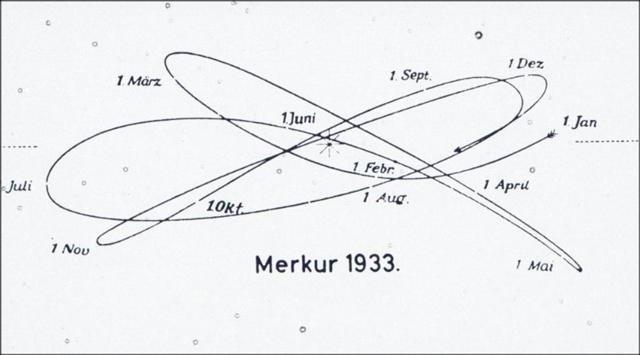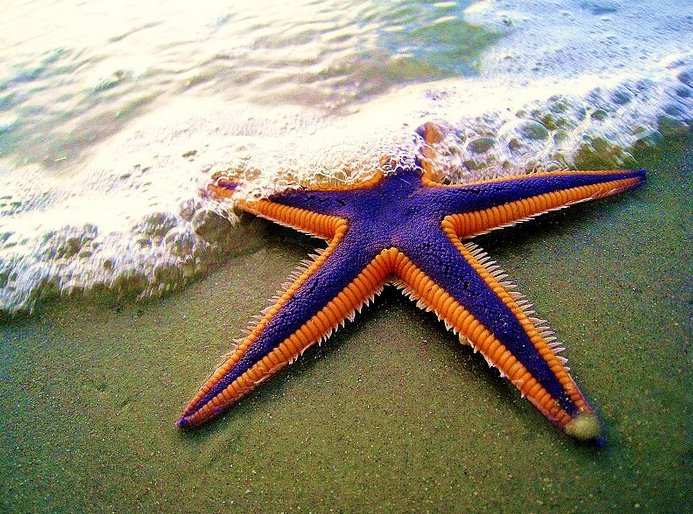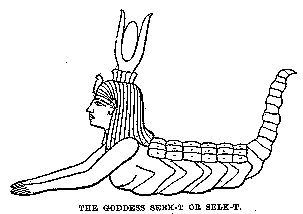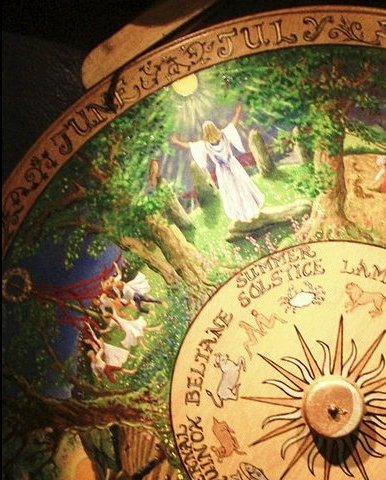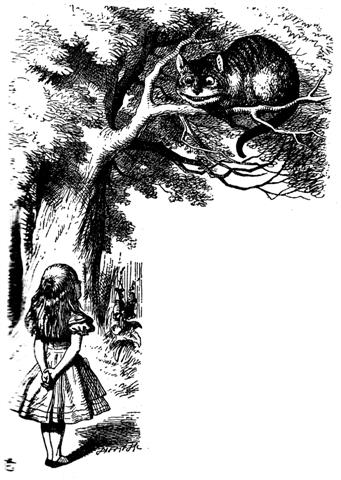28. The madness of the Mad Hatter was the result of inhaling quick-silver fumes, they say: ... Mercury was used in the process of curing pelts for hats, making it impossible for hatters to avoid inhaling the mercury fumes given off during the hat making process; hatters and mill workers thus often suffered mercury poisoning, causing neurological damage, including confused speech and distorted vision ... But another explanation should be the dizziness caused by following the orbit destined for the planet Mercury.
A hint is hidden in the picture above, because October 1 has been written 10kt. April 10 is day 100 and because October is the 6th month after the month of April the date October 10 (283 = 100 + 183) should be the opposite of April 10. Cfr e.g. Ga7-34. The Babylonian station Mad Dog could similarly have alluded to the effects of the orbit of Mercury.  And Maui tikitiki a Taranga was tossed about by the waves of the sea before reaching the long stabilizing sandy beach: ... 'One, that's Maui mua; two, that's Maui roto; three, that's Maui taha; four, that's Maui pae', she said; these names mean Maui the first, Maui the middle, Maui the side, and Maui the edge. Then she saw this other child standing with them, and cried out, 'Hullo, where did this one come from?' 'I'm your child too', Maui replied. So she counted them again and said, 'Oh no, there ought to be only four of you. This is the first I've seen of you.' And so there was a scene, with little Maui and the old woman arguing about it in the middle of the rows of dancers. In the end she became annoyed with him. 'Now, come on, out of the house!' she said. 'You are no child of mine, you belong to someone else. Go home!' But little Maui stood up for himself. 'Well then, I'd better go, I suppose', he said. 'Since you say so, I must be someone else's child. But I did think I was yours, because I know I was born at the edge of the sea, and you cut off a tuft of your hair and wrapped me in it and threw me in the waves. After that the seaweed took care of me and I drifted about in the sea, wrapped in long tangles of kelp, until a breeze blew me on shore again, and some jelly-fish rolled themself around me to protect me on the sandy beach. Clouds of flies settled on me and I might have been eaten up by the maggots; flocks of seabirds came, and I might have been pecked to pieces. But then my great-ancestor Tama nui ki te rangi arrived. He saw the clouds of flies and all the birds, and he came and pulled away the jelly-fish, and there was I, a human being! Well, he picked me up and washed me and took me home, and hung me in the rafters in the warmth of the fire, and he saved my life. And I grew, and eventually I heard about the dancing you have here in this house, and that is what brought me here tonight.' ...
However, amazingly the planet Mercury was firmly synchronized by Mother Earth and leaving 1 more day like a hole for her creations: ... Nut, whom the Greeks sometimes identified with Rhea, was goddess of the sky, but it was debatable if in historical times she was the object of a genuine cult. She was Geb's twin sister and, it was said, married him secretly and against the will of Ra. Angered, Ra had the couple brutally separated by Shu and afterwards decreed that Nut could not bear a child in any given month of any year. Thoth, Plutarch tells us, happily had pity on her. Playing draughts with the Moon, he won in the course of several games a seventy-second part of the Moon's light with which he composed five new days. As these five intercalated days did not belong to the official Egyptian calendar of three hundred and sixty days, Nut was thus able to give birth successively to five children: Osiris, Haroeris (Horus), Set, Isis and Nepthys ...: ... The star γ Andromedae (*29) was named Alamak and the star γ Virginis (*191) was named Porrima. Between them was the eddy field of the ecliptic, because between Antevorta and Postvorta must be the Vortex itself ... ... *364 + *29 - *191 = *202 (Spica; Ana-roto, the star pillar in the middle) ...
The cycles of death and returning new life gave stability to the cosmos of time-space, indeed without cycles there would be no cosmos. ... And then the bone spoke; it was there in the fork of the tree: Why do you want a mere bone, a round thing in the branches of a tree? said the head of One Hunaphu when it spoke to the maiden. You don't want it, she was told. I do want it, said the maiden. Very well. Stretch out your right hand here, so I can see it, said the bone. Yes, said the maiden. She stretched out her right hand, up there in front of the bone. And then the bone spit out its saliva, which landed squarely in the hand of the maiden. And then she looked in her hand, she inspected it right away, but the bone's saliva wasn't in her hand. It is just a sign I have given you, my saliva, my spittle. This, my head, has nothing on it - just bone, nothing of meat. It's just the same with the head of a great lord: it's just the flesh that makes his face look good. And when he dies, people get frightened by his bones. After that, his son is like his saliva, his spittle, in his being, whether it be the son of a lord or the son of a craftsman, an orator. The father does not disappear, but goes on being fulfilled. Neither dimmed nor destroyed is the face of a lord, a warrior, craftsman, an orator. Rather, he will leave his daughters and sons. So it is that I have done likewise through you. Now go up there on the face of the earth; you will not die. Keep the word. So be it, said the head of One and Seven Hunaphu - they were of one mind when they did it ...
|
|||||||||||||||||||||||||||||||||||||||||||||||||||||||||||||||||||||||||||||||
